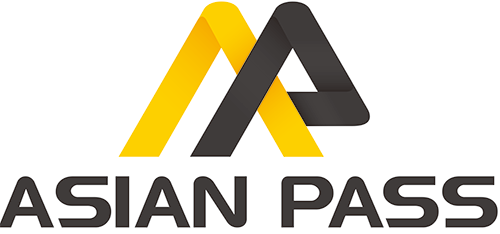WHAT IS WORKING CAPITAL? CAN DEVELOPMENT BANK GUARANTEE LOANS FOR WORKING CAPITAL? LET’S FIND OUT MORE WITH PHAM CONSULT!

What is working capital?
Pursuant to Clause 3, Article 2 of Circular 121/2020/TT-BTC, the following provisions are provided:
Explanation of terms
In this Circular, the following terms are construed as follows:
- A securities company is an enterprise licensed by the State Securities Commission to perform one or several operations as prescribed in Clause 1, Article 72, Clauses 1, 2, 3, 4, 5, Article 86 of the Securities Law.
- A valid dossier is a dossier with sufficient documents as prescribed in this Circular, with contents fully declared as prescribed by law.
- Working capital is the difference between short-term assets and short-term liabilities at the same time of calculation.
- Lending is a form in which a securities company delivers or commits to deliver to the recipient or user an amount of money, assets, or securities within a certain period of time according to an agreement with the principle of repayment of the principal and with or without interest.
- Reorganization of a securities company is the division, separation, consolidation, merger or conversion of the type of enterprise and can only be carried out between securities companies.
Thus, based on the above provisions, we can understand that working capital is the difference between short-term assets and short-term liabilities at the same time of calculation.
Can the Development Bank guarantee the enterprise’s loan at a commercial bank for working capital?
Based on Clause 1, Article 4 of Circular 47/2014/TT-BTC, it is clearly stated that
Scope of loan guarantee
- The Development Bank guarantees part or all of the enterprise’s loan at a commercial bank but not exceeding 85% of the total investment capital of the project, excluding working capital.
- The Development Bank’s guarantee includes the obligation to repay the principal and interest of the loan
- a) The obligation to repay the principal is the principal due under the credit contract or under the adjusted credit contract within the scope of the Development Bank’s guarantee that the enterprise fails to pay or cannot pay or does not fully pay according to the committed debt obligation and this debt is eligible for the Development Bank to pay the debt on its behalf
- b) The obligation to pay the interest of the loan is the interest incurred (excluding interest incurred on late payment interest) corresponding to the principal amount under the credit contract or under the adjusted credit contract signed between the commercial bank and the borrowing enterprise within the scope of the guarantee and approved by the Development Bank to pay the debt on its behalf.
Accordingly, the Development Bank guarantees a part or all of the enterprise’s loan at a commercial bank but not exceeding 85% of the total investment capital of the project, excluding working capital.
What are the conditions for enterprises to be guaranteed loans?
According to Article 3 of Circular 47/2014/TT-BTC, the conditions for enterprises to be guaranteed loans include:
Conditions for enterprises to be guaranteed loans are implemented according to the provisions of Article 5 of the Guarantee Regulations issued together with Decision 03/2011/QD-TTg. Some specific provisions are as follows:
(1) Belonging to the subjects specified in Article 3 of the Guarantee Regulations issued together with Decision 03/2011/QD-TTg.
(2) The investment project has a written approval for loans from a commercial bank and is appraised and determined by the Development Bank to be an effective project with the ability to repay the loan.
(3) Have equity capital participating in at least 15% of the total investment of the project and fully invested in fixed assets, this source of capital must be reflected in the financial report of the month or quarter closest to the time of submitting the guarantee application and committed to use it for the project.
(4) At the time of the guarantee application, there is no bad debt at credit institutions and the Development Bank (bad debt includes debts from group 3 to group 5 according to the guidance of the State Bank of Vietnam).
Note: According to Article 15 of the Law on Credit Institutions 2024, prohibited acts for credit institutions include
(1) Credit institutions and foreign bank branches that conduct banking activities and other business activities other than those stated in the License granted by the State Bank to credit institutions and foreign bank branches.
(2) Organizations and individuals that are not credit institutions and foreign bank branches that conduct banking activities, except for margin transactions and securities repurchase transactions of securities companies.
(3) Organizations and individuals that illegally intervene in banking activities and other business activities of credit institutions and foreign bank branches.
(4) Credit institutions and foreign bank branches that conduct acts of competition restriction or acts of unfair competition that are likely to cause harm or damage to the implementation of national monetary policy, the safety of the credit institution system, the interests of the State, and the legitimate rights and interests of organizations and individuals.
(5) Credit institutions, foreign bank branches, managers, operators, and employees of credit institutions and foreign bank branches link the sale of non-compulsory insurance products with the provision of banking products and services in any form.




 VI
VI